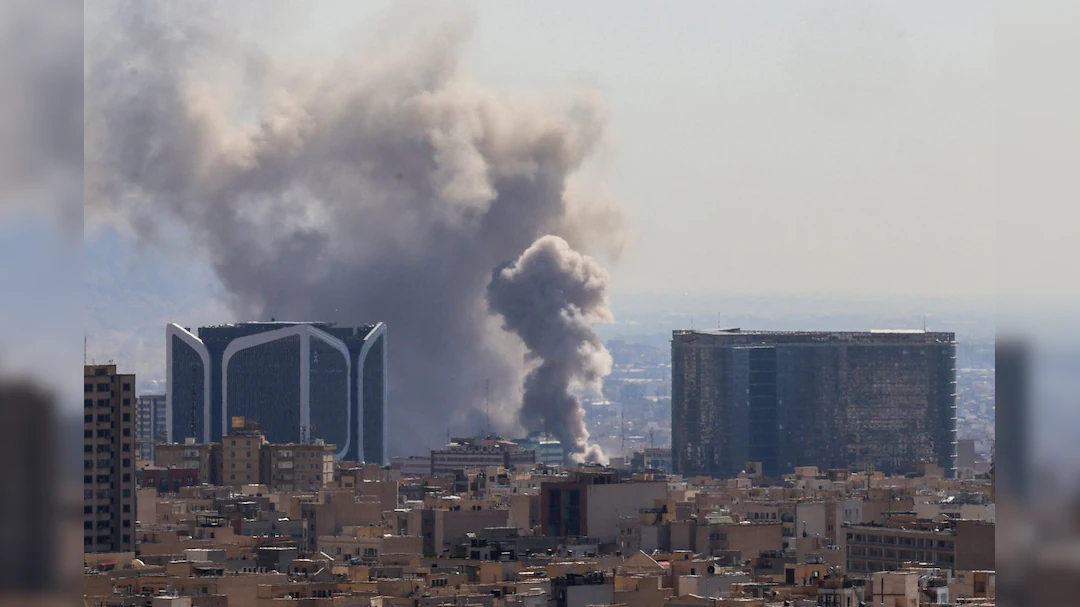
London, July 28, 2025 – India’s High Commissioner to the UK, Vikram Doraiswami, gave a bold reply to Western criticism over India’s oil imports from Russia. “Do we switch off our economy?” he asked, speaking on Times Radio last week. His sharp response came as Western nations questioned India’s energy ties with Moscow amid sanctions over the Russia-Ukraine conflict.
India, the world’s third-largest oil importer, relies on affordable energy to keep its economy running. After Russia faced sanctions in 2022 due to its invasion of Ukraine, it offered steep oil discounts. India stepped in, importing about 1.75 million barrels per day from January to June 2025, a 1% rise from last year. Doraiswami stressed that India cannot halt its economy to meet geopolitical demands.
“We import over 80% of our energy,” he said. “What would you have us do? Switch off our economy?” This statement underlines India’s need for stable energy sources. Doraiswami also pointed out Western double standards, noting that many European countries still buy rare earths and energy products from Russia. “Don’t you think that’s a little odd?” he added, questioning why India faces scrutiny while others continue similar trade.
Why India Imports Russian Oil
India’s energy relationship with Russia grew after Western sanctions disrupted global oil markets. Traditionally, India sourced oil from the Middle East. However, as European nations turned to these suppliers, prices spiked, pushing India toward discounted Russian oil. “We’ve been displaced from the energy market, and costs have gone up,” Doraiswami explained.
For India, energy security is critical. With over 80% of its oil imported, the nation cannot afford disruptions. The envoy highlighted that India’s actions are driven by practical needs, not political motives. “We see other countries maintain ties with nations that cause us trouble. Do we ask them for a loyalty test?” he said, emphasizing fairness in global trade.
India’s Stance on Russia-Ukraine Conflict
Doraiswami also addressed India’s position on the Russia-Ukraine war. He reiterated Prime Minister Narendra Modi’s call for peace, stating, “This isn’t an era of war.” Modi has shared this message with both Russian President Vladimir Putin and Ukrainian President Volodymyr Zelensky. “We want this conflict to end, just like other global conflicts,” Doraiswami added.
India’s balanced approach reflects its focus on diplomacy. The country has avoided taking sides, advocating for dialogue to resolve the war. This stance aligns with India’s broader foreign policy of maintaining strategic partnerships while prioritizing national interests.
Western Criticism and Double Standards
Western nations, including the US and NATO, have pressured India to cut ties with Russia. US Senator Lindsey Graham recently warned that countries like India, China, and Brazil could face steep tariffs for buying Russian oil. “We will crush your economy,” he said on Fox News, claiming these nations fund Russia’s war efforts.
However, Doraiswami called out the hypocrisy. Many European countries continue to import Russian energy products, like rare earths, despite their sanctions. “They’re buying from the same countries they tell us to avoid,” he said. This double standard has frustrated India, which sees its energy choices as a matter of survival, not defiance.
India’s External Affairs Ministry echoed this sentiment, cautioning against “double standards” in global energy trade. Spokesperson Randhir Jaiswal said, “Securing the energy needs of our people is our top priority.”
Data on India’s Oil Imports
Here’s a breakdown of India’s oil imports in 2025:
Country
Share of Imports
Barrels per Day (Jan-Jun 2025)
Russia
38%
1.75 million
Middle East
50%
2.3 million
Others
12%
0.55 million
also read:India Warns Pakistan on Terror
also read:RECITAL BLOG-
Source: International Energy Agency
India’s reliance on Russian oil has saved billions in foreign exchange. In 2023, India saved over $7.17 billion by buying discounted Russian crude. These savings help reduce India’s current account deficit, supporting economic stability.
Caption: India’s oil imports in 2025, showing Russia’s growing share. (Image optimized for mobile and desktop viewing)
India’s Response to Sanctions Threats
The US and EU have tightened sanctions on Russian oil, targeting refineries like Nayara Energy in Gujarat, partly owned by Russia’s Rosneft. Despite this, India remains firm. Oil Minister Hardeep Singh Puri said India can switch to alternative suppliers if needed, as it did before 2022 when Russian oil was less than 2% of imports.
India’s Foreign Secretary Vikram Misri also emphasized energy security. “We will do what we need to do,” he said, addressing Western pressure ahead of PM Modi’s UK visit. For more on India’s energy policies, visit AMERICA NEWS WORLD.
Why This Matters Globally
India’s stance highlights the challenges of balancing energy needs with geopolitics. As the third-largest energy consumer, India’s decisions impact global oil markets. Its refusal to bow to Western pressure shows a shift toward asserting national priorities. Meanwhile, the West’s selective sanctions raise questions about fairness in global trade.
For readers in the USA, India’s position underscores the need for consistent energy policies. In India, it reflects the government’s focus on affordability and growth. Learn more about global energy trends at AMERICA NEWS WORLD.
Conclusion
Vikram Doraiswami’s blunt reply captures India’s resolve to prioritize its economy over geopolitical pressures. “Do we switch off our economy?” is a question that resonates with millions who rely on affordable energy. As India navigates sanctions and global scrutiny, it stands firm, calling for fairness and dialogue. For the latest updates, check out NDTV’s coverage.
Discover more from AMERICA NEWS WORLD
Subscribe to get the latest posts sent to your email.
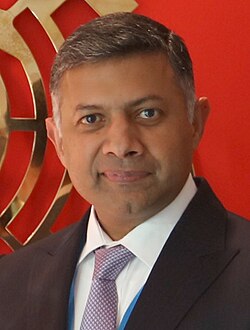
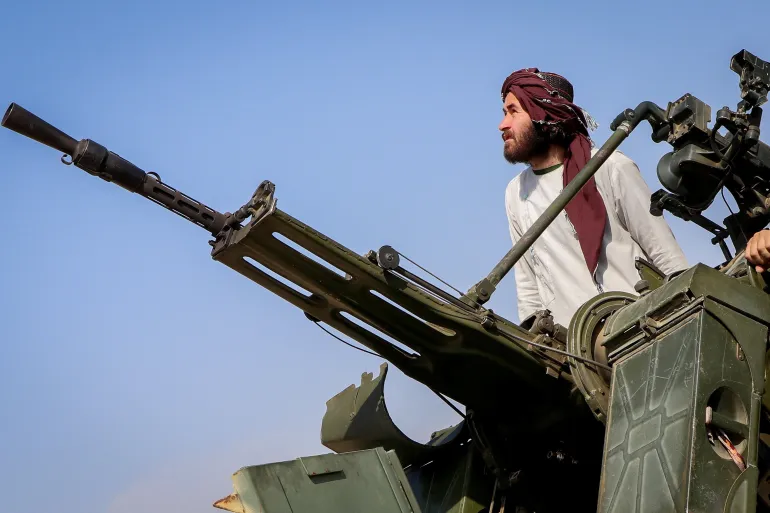
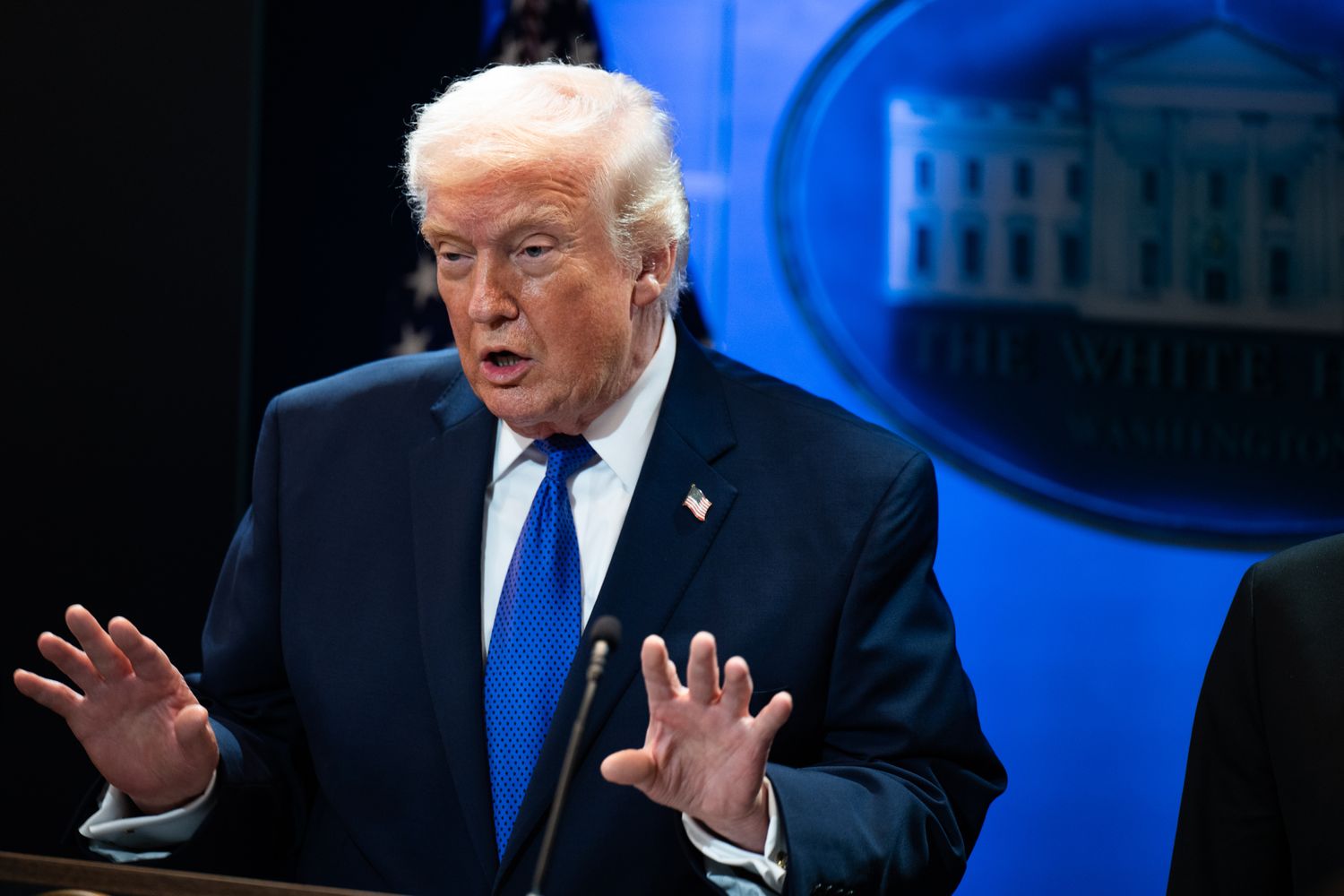

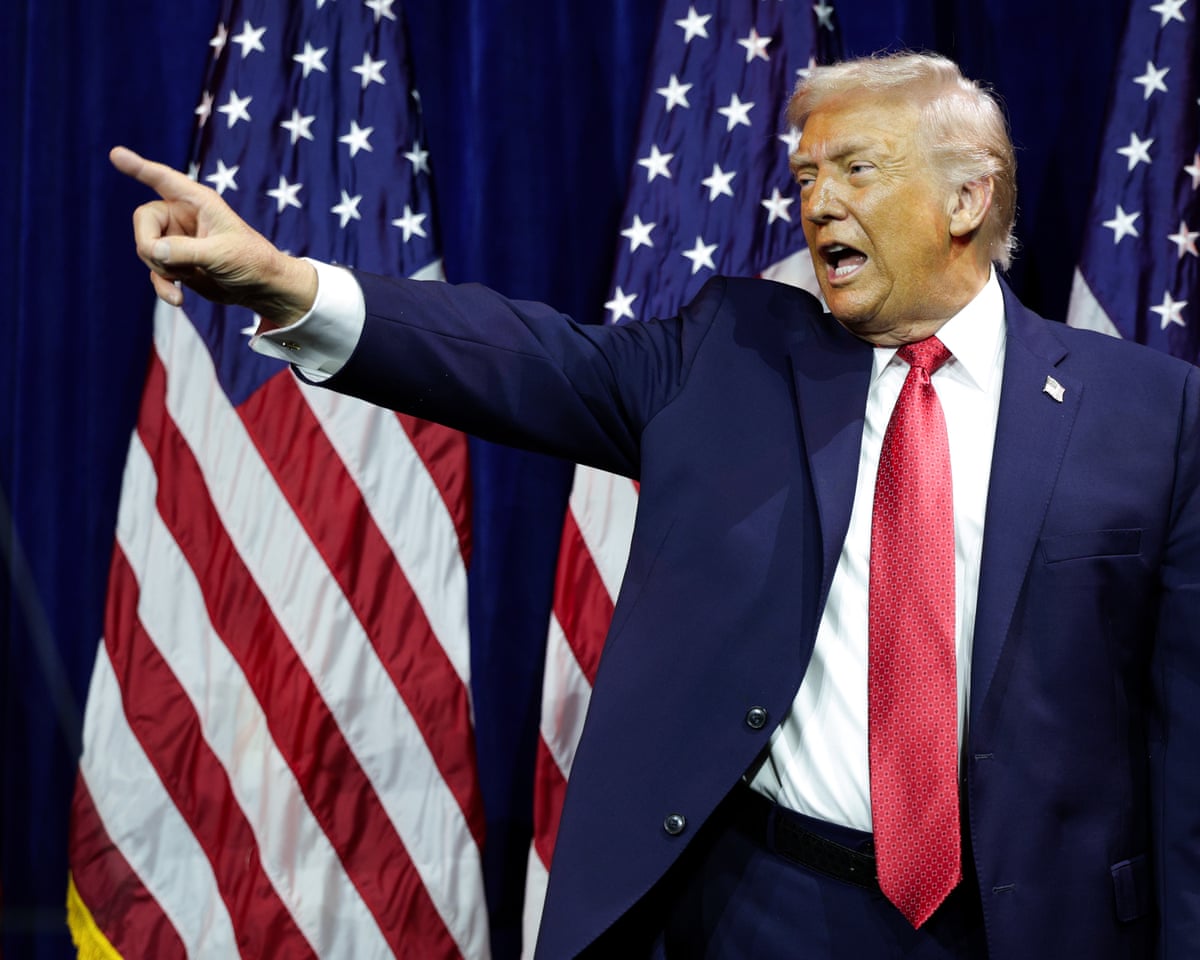
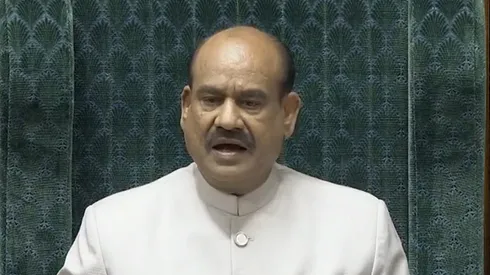

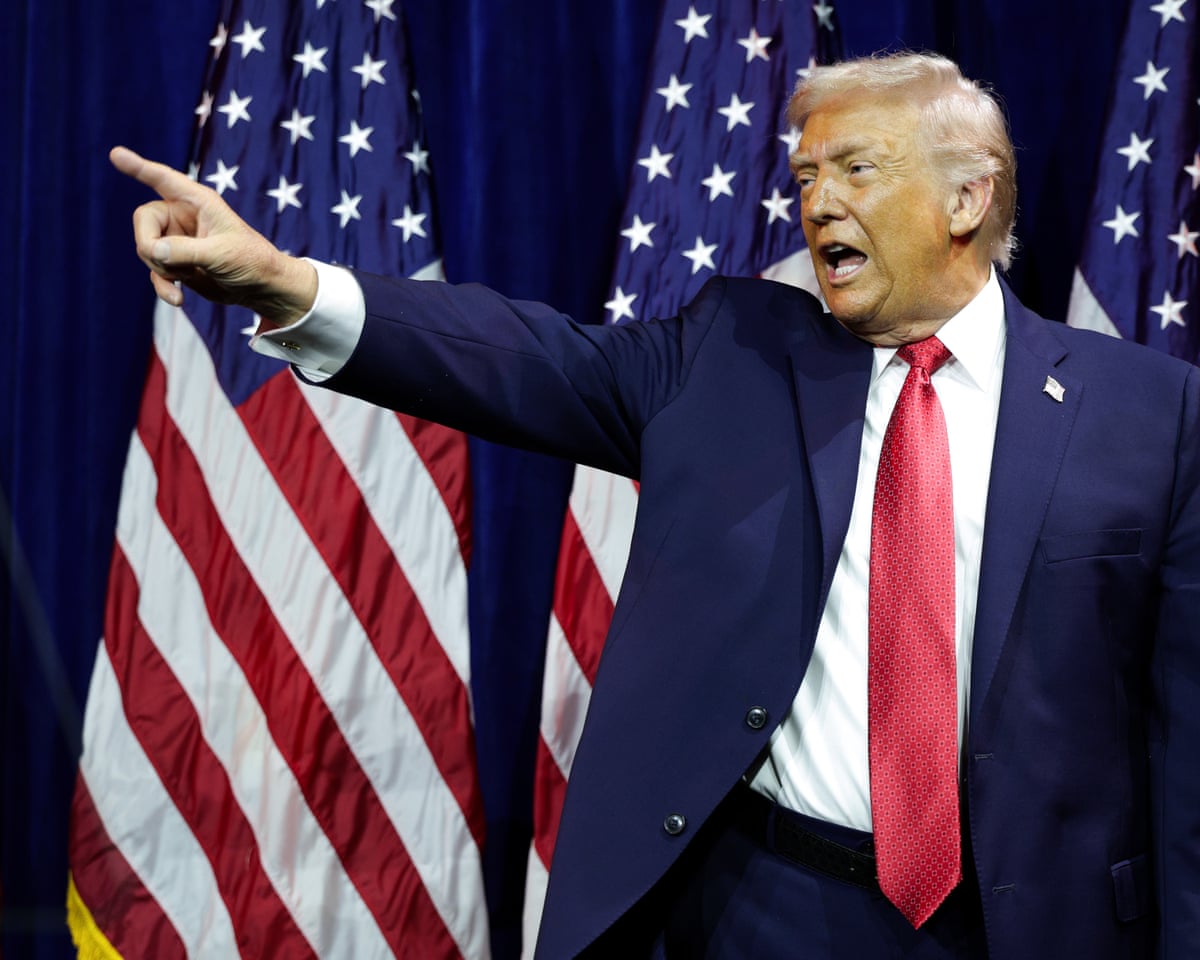
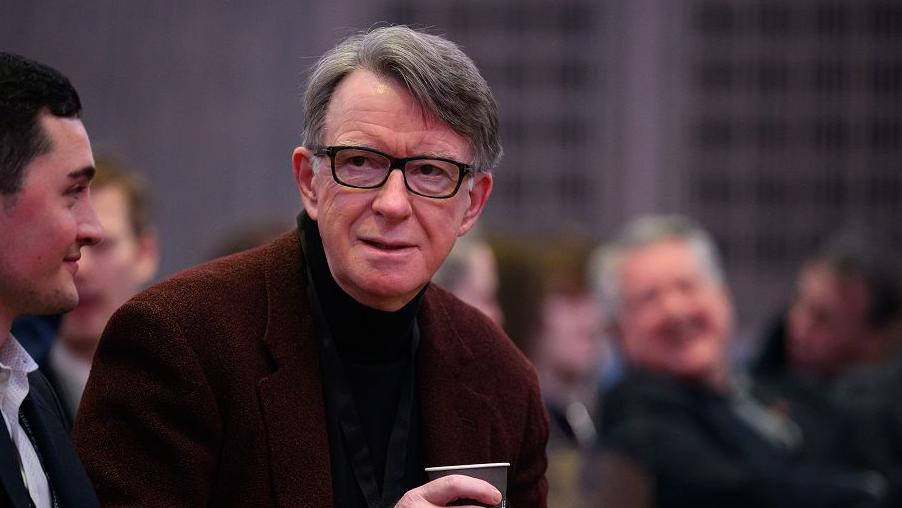

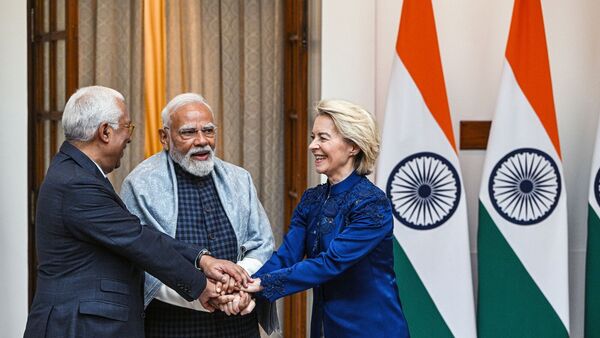


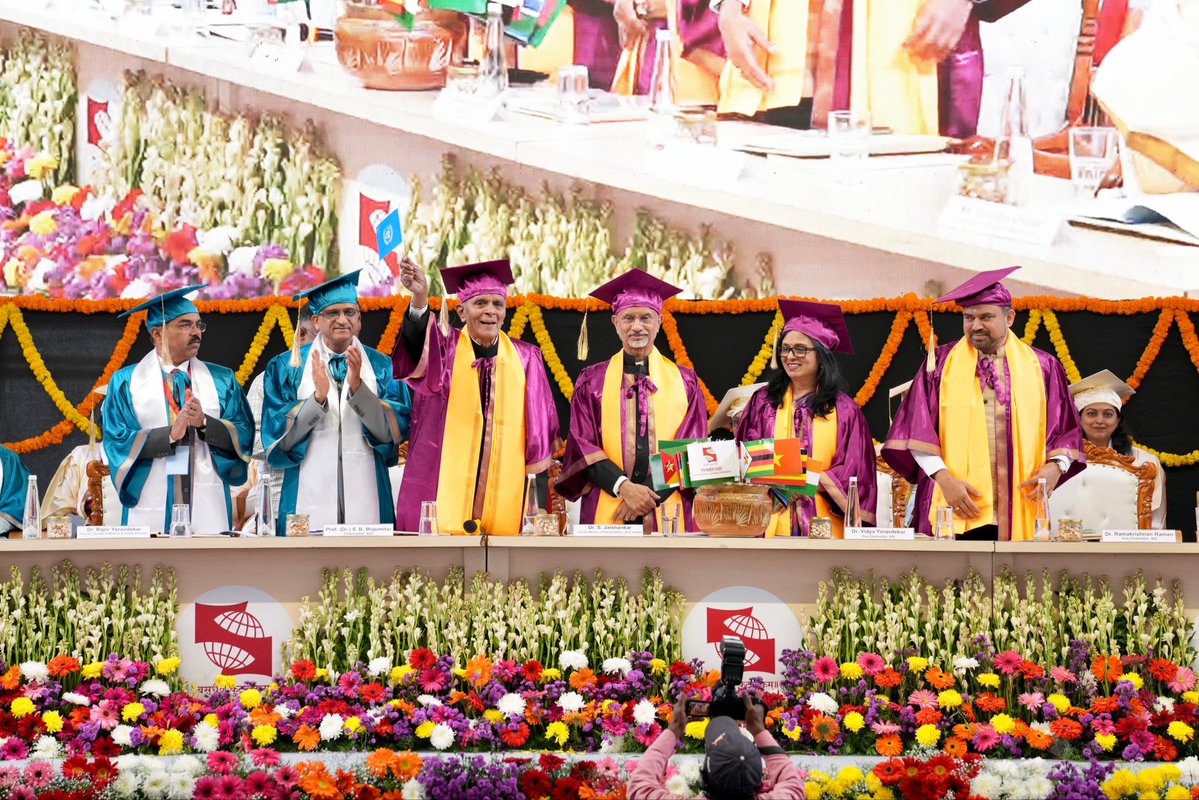


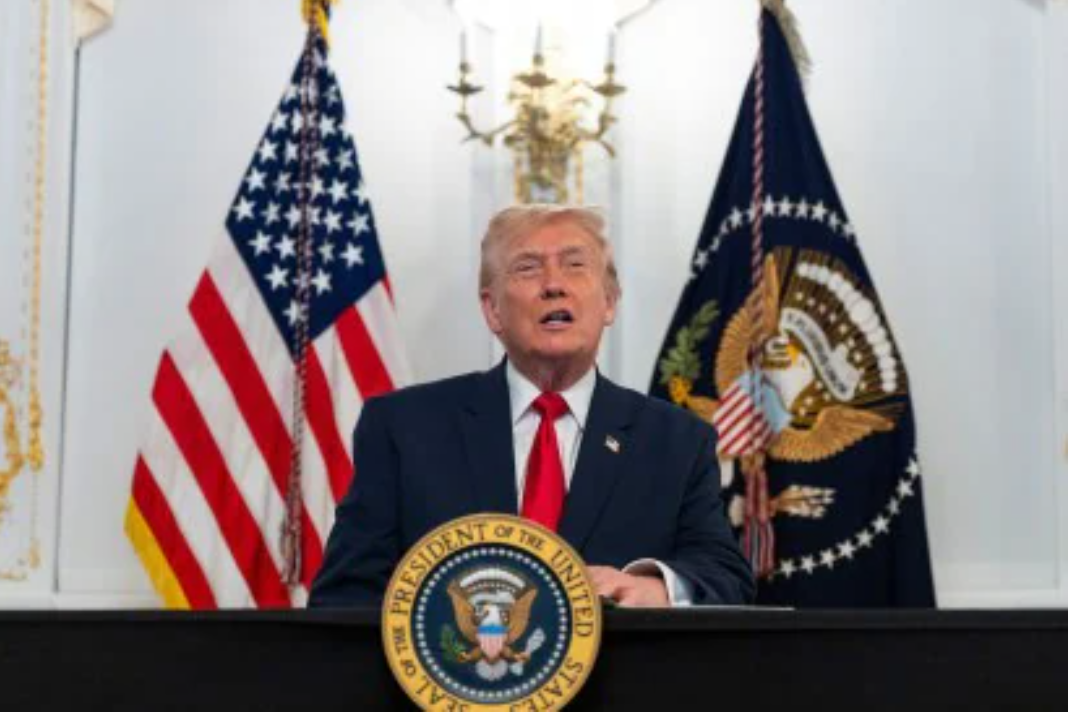
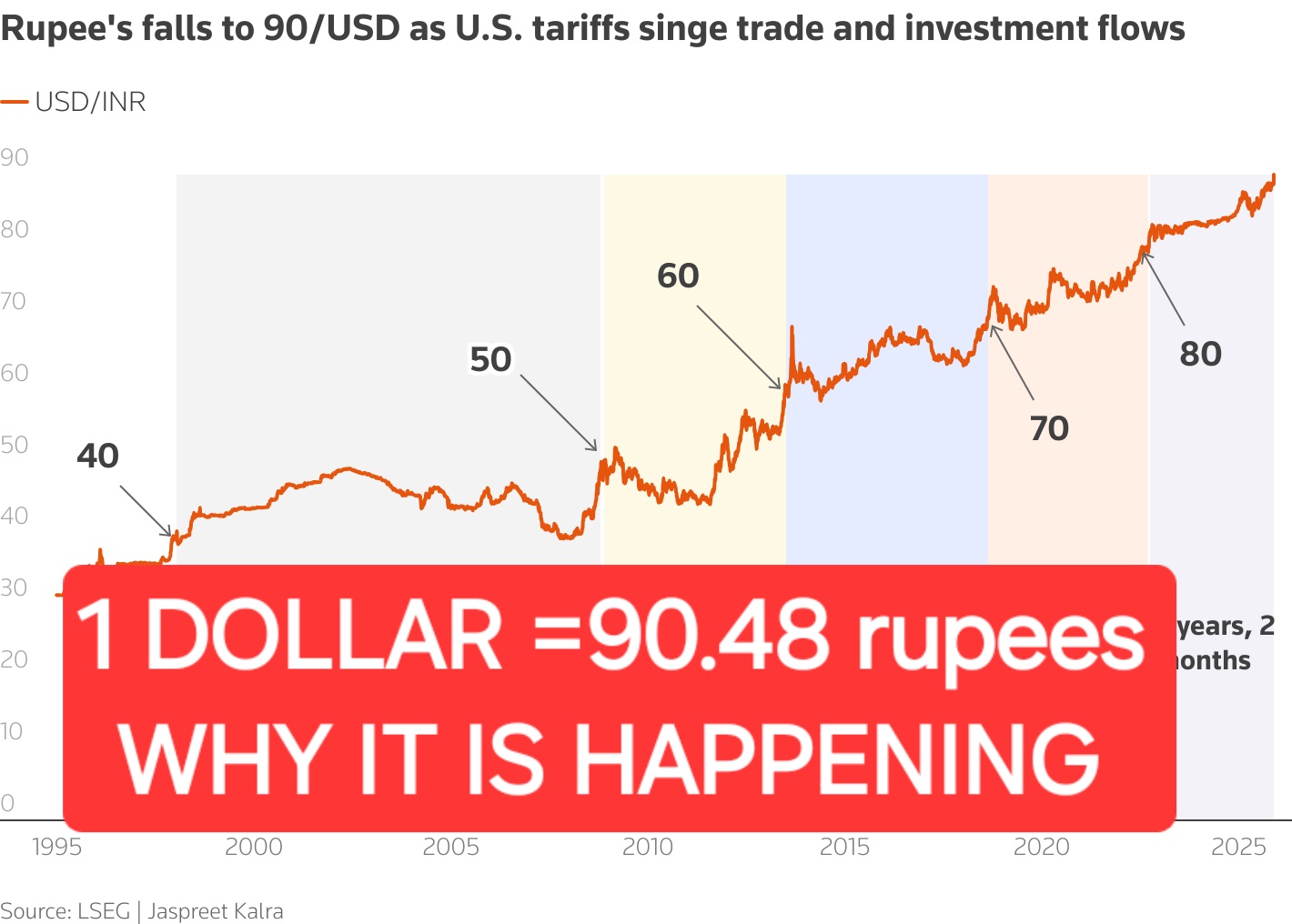
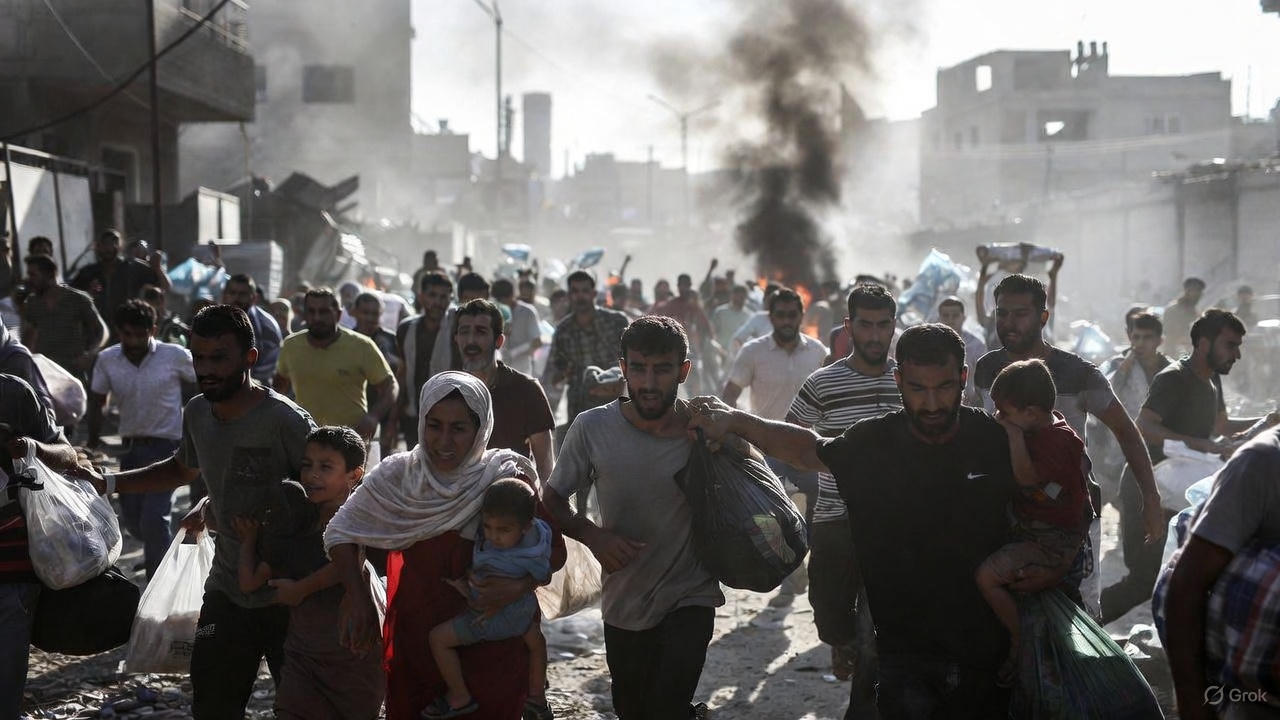

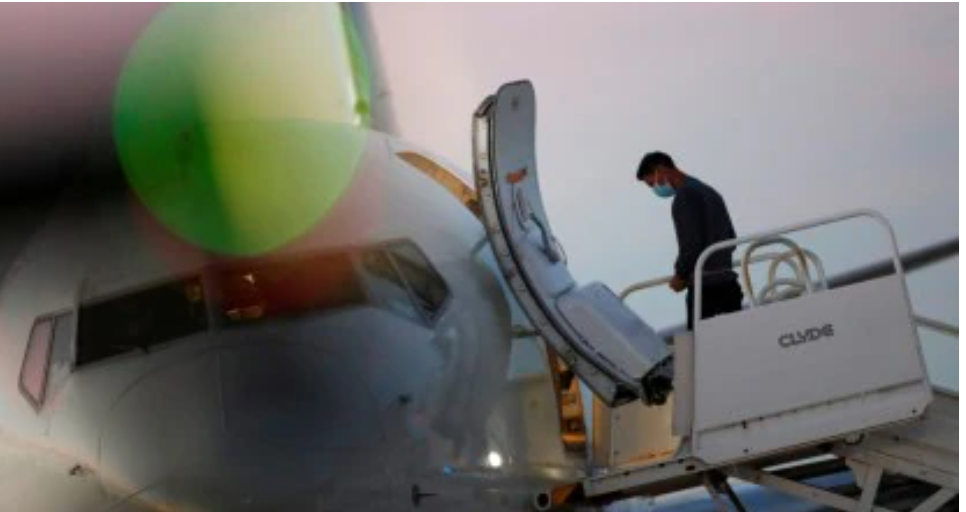



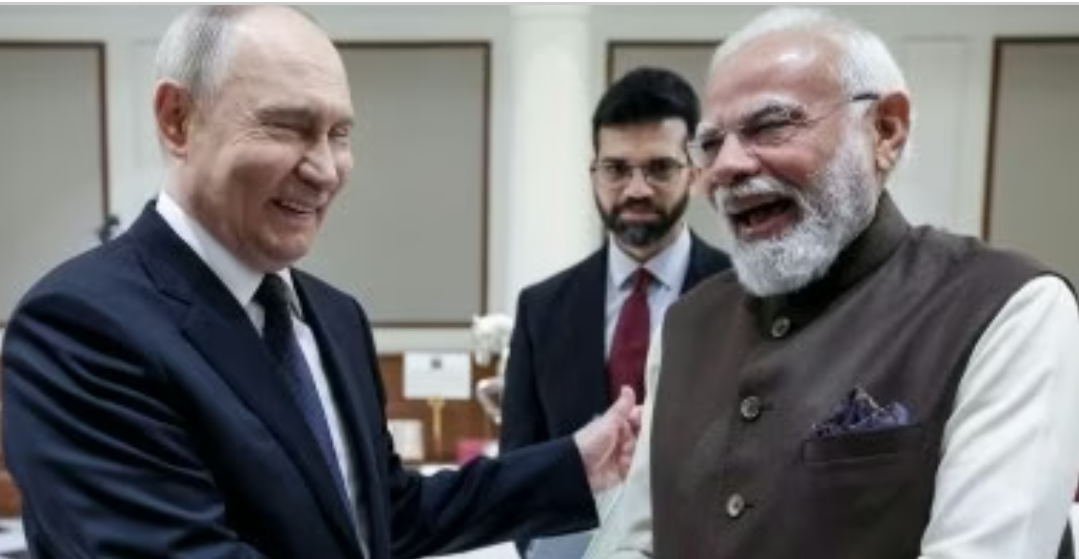
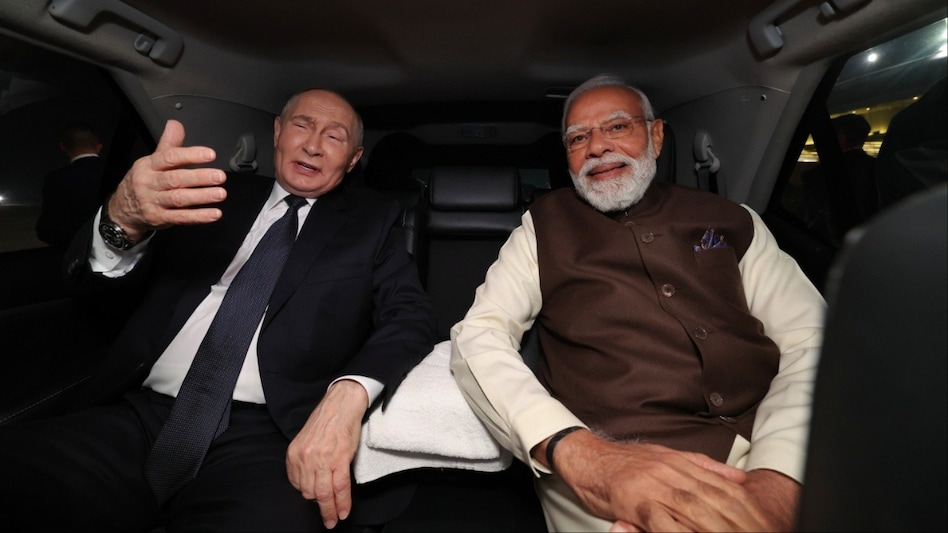
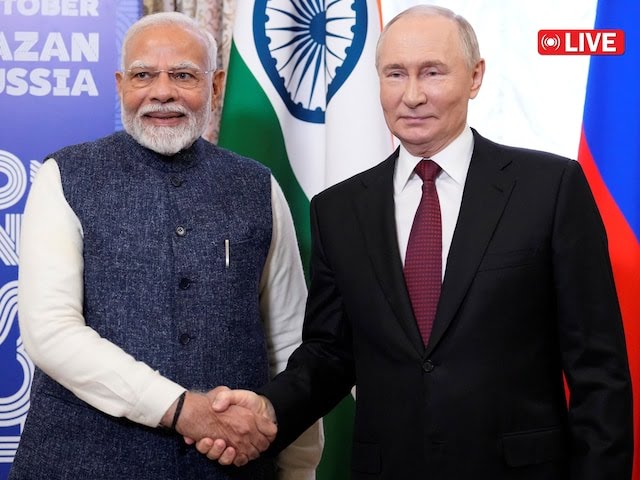
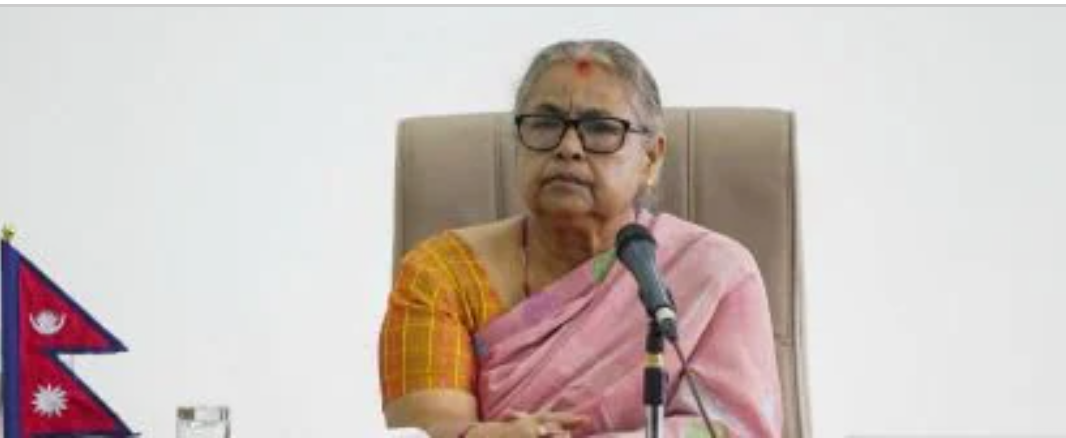
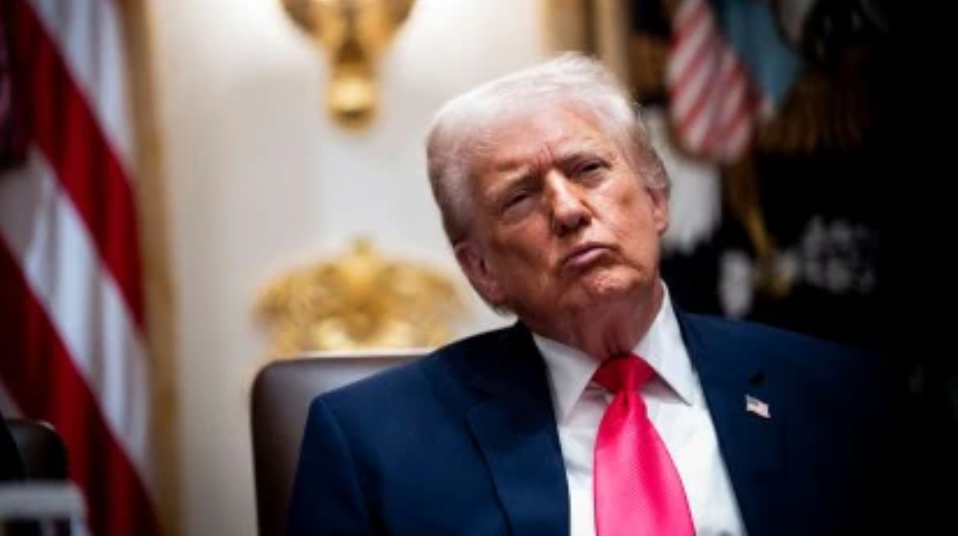
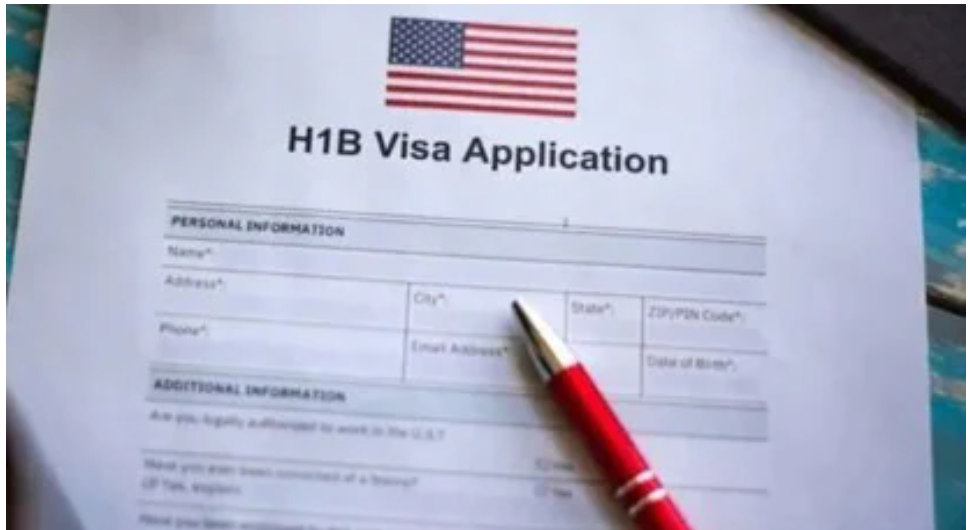
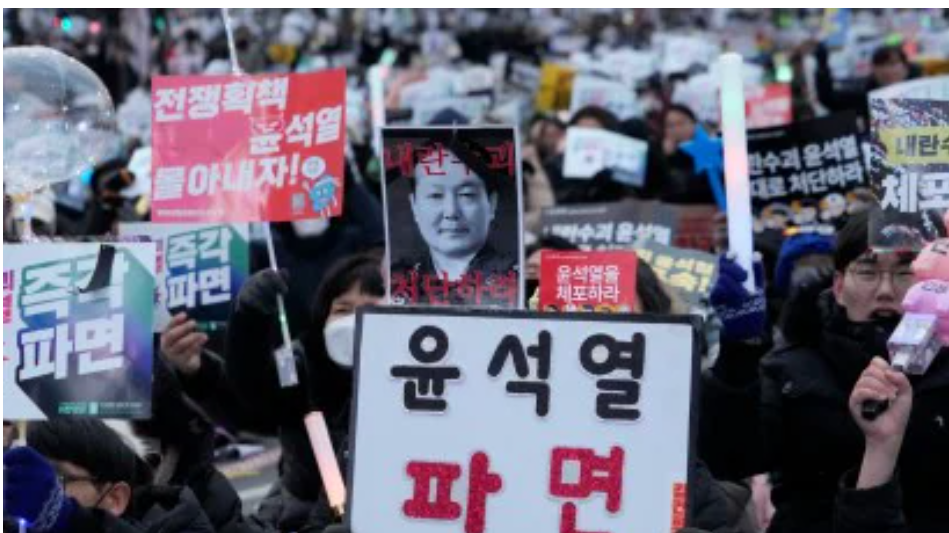


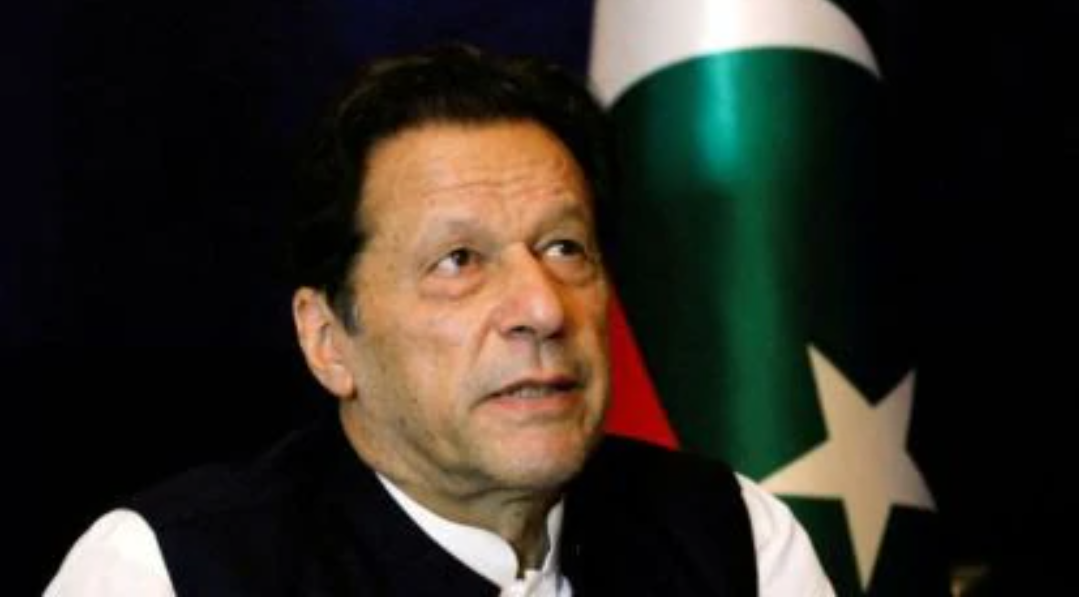



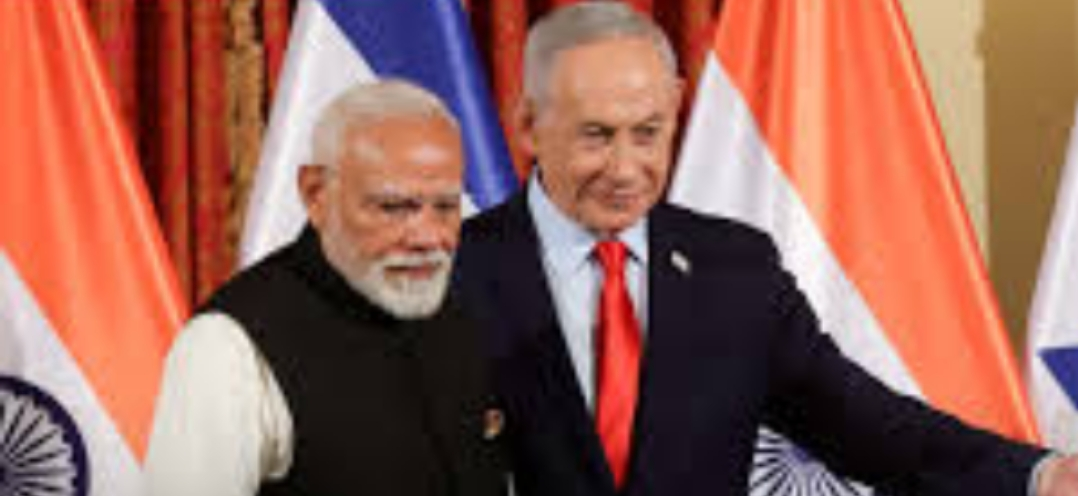
![Smoke rises after Israeli strikes in Beirut's southern suburbs, on March 2 [Mohamad Azakir/Reuters]](https://america112.com/wp-content/uploads/2026/03/hgh.webp)
